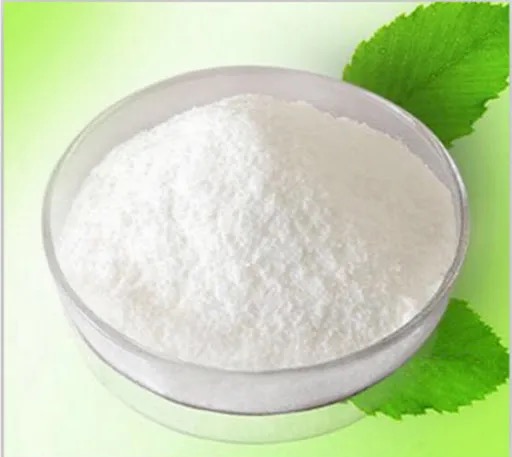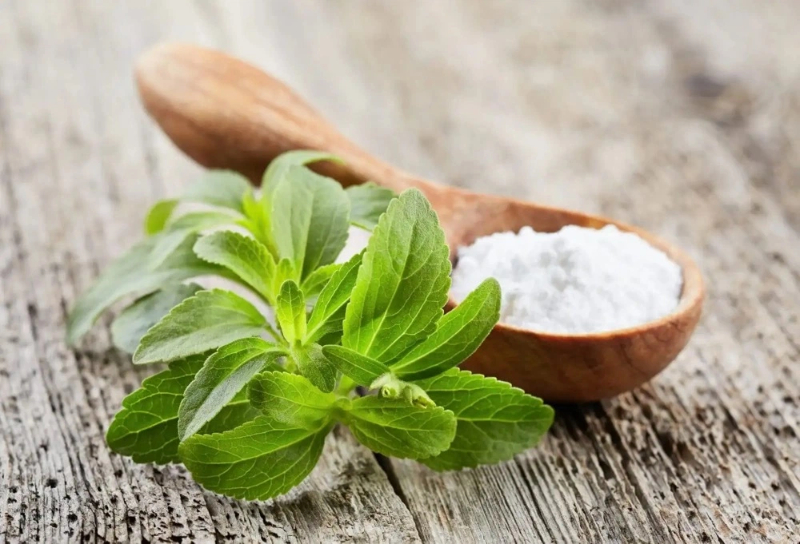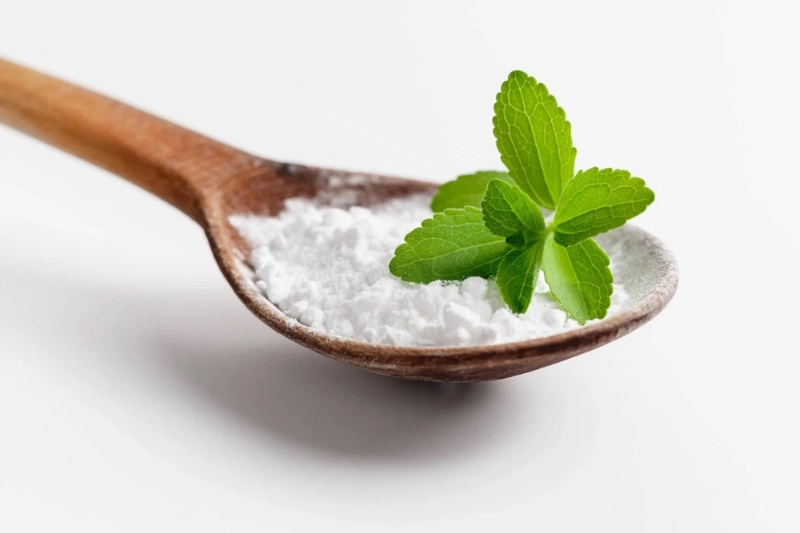Views: 222 Author: Sara Publish Time: 2025-11-25 Origin: Site








Content Menu
● Frequently Asked Questions (FAQ)
>> 1. Does stevia cause any serious health problems?
>> 2. Is stevia safe for people with diabetes?
>> 3. Can stevia affect blood pressure?
>> 4. Are there any side effects to consuming stevia?
>> 5. Does stevia harm the gut microbiome?
Stevia is a natural, zero-calorie sweetener derived from the leaves of the Stevia rebaudiana plant. It is widely used as an alternative to sugar in foods and beverages due to its intense sweetness—approximately 200 to 300 times sweeter than sugar—and its potential health benefits. Despite some concerns about its safety, current scientific evidence shows that stevia is generally safe for most people, with several positive effects on health especially related to diabetes, obesity, and high blood pressure.

Stevia consists of natural compounds called steviol glycosides, primarily stevioside and rebaudioside A, found in the leaves of the Stevia rebaudiana plant. These compounds provide the sweetness without adding calories and do not affect blood glucose levels, making stevia a favorable sweetener for people with diabetes or those managing weight.
Research over the past century has highlighted multiple health benefits of stevia consumption:
- Blood Glucose Regulation: Stevia extracts can significantly reduce blood sugar levels. Studies show that stevia improves pancreatic β-cell function, promoting insulin release when glucose levels are high, which helps with blood sugar management in diabetic subjects without causing hypoglycemia when glucose is normal.
- Antihypertensive Effects: Stevia consumption has been linked to reduced blood pressure, making it potentially beneficial for people with hypertension.
- Anti-inflammatory and Antioxidant Properties: Stevia has demonstrated antioxidant effects by reducing oxidative stress markers in animal models. It also inhibits inflammatory pathways, potentially supporting immune health and helping with inflammatory diseases.
- Weight Management: As a zero-calorie sweetener, stevia helps reduce overall calorie intake, potentially lowering the risk of obesity and related metabolic disorders.
- Antimicrobial and Anti-cariogenic Activity: Stevia inhibits the growth of certain harmful oral bacteria, which suggests it may help prevent dental caries and improve oral health.
- Potential Anticancer Properties: Preliminary laboratory studies indicate that stevia components can reduce the viability of various cancer cells, including gastrointestinal and pancreatic cancer cells, by promoting apoptosis (programmed cell death), although more human research is necessary.
Stevia is generally recognized as safe (GRAS) when using purified steviol glycosides approved by regulatory agencies such as the FDA. However, whole-leaf stevia and crude extracts are not approved for food use due to insufficient safety data.
Common mild side effects reported include digestive discomfort like bloating and nausea, mainly due to products mixing stevia with sugar alcohols. Some sensitive individuals may experience lowered blood pressure or blood sugar levels, especially if they take related medications, which requires caution and consultation with healthcare providers.
Regarding gut health, recent studies demonstrate that consumption of approved stevia products does not significantly alter gut microbiota composition, alleviating concerns about negative impacts on digestive health.

- Use only purified stevia extracts such as rebaudioside A for food and beverage applications.
- Avoid whole-leaf or crude stevia forms until more safety data are available.
- Monitor intake if on medications for diabetes or hypertension, as stevia may potentiate their effects.
- Check food labels for additional sweeteners combined with stevia, especially sugar alcohols, which can cause digestive issues.
Stevia is a natural, zero-calorie sweetener with multiple health benefits, particularly for people managing diabetes, obesity, and hypertension. While it is generally safe to consume in its purified extract form, users should be cautious of whole-leaf products and consult healthcare providers if taking medications for blood sugar or blood pressure. Its anti-inflammatory, antimicrobial, antioxidant, and potential anticancer properties add to stevia's appeal as a healthy alternative to sugar. Scientific evidence supports its safety and efficacy when used appropriately, making it a valuable ingredient in health-conscious food and beverage formulations.

No credible evidence links stevia to serious health problems or cancer. Purified stevia extracts are considered safe and are approved for food use in many countries.
Yes, stevia is a safe sugar substitute that can help regulate blood sugar and improve insulin function, making it beneficial for diabetics.
Stevia may lower blood pressure, especially in people with hypertension. People on blood pressure medication should consult healthcare professionals before using stevia regularly.
Most people tolerate stevia well. Mild side effects such as digestive upset or lowered blood pressure may occur in some individuals, particularly with high doses or products containing other sweeteners.
Current research shows that stevia does not significantly alter gut microbiota composition, suggesting it is safe for digestive health when consumed in approved forms.
[1](https://pmc.ncbi.nlm.nih.gov/articles/PMC8600158/)
[2](https://ecancer.org/en/news/26775-stevia-leaf-extract-has-potential-as-anticancer-treatment-researchers-find)
[3](https://www.webmd.com/food-recipes/what-is-stevia)
[4](https://pmc.ncbi.nlm.nih.gov/articles/PMC4890837/)
[5](https://health.clevelandclinic.org/what-is-stevia)
[6](https://tellus.ars.usda.gov/stories/articles/natural-sweetener-stevia-makes-a-gutsy-comeback)
[7](https://www.sciencedirect.com/science/article/abs/pii/S0924224420304593)
[8](https://www.news-medical.net/news/20240122/Sweetener-Stevia-does-not-alter-gut-microbiota-composition-confirms-new-study.aspx)
